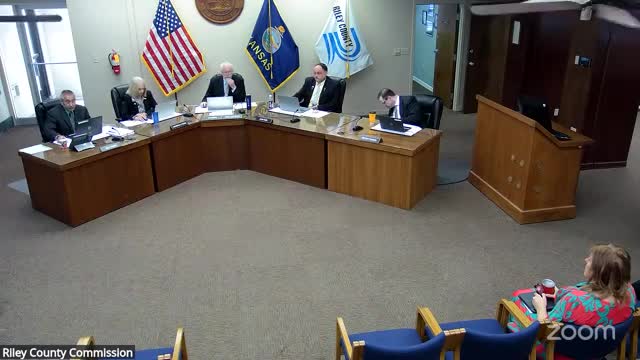Article not found
This article is no longer available. But don't worry—we've gathered other articles that discuss the same topic.
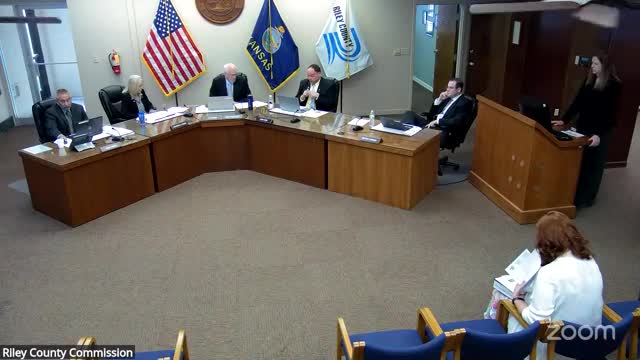
County notes: Master Gardeners events, community outreach and retirement of Lynn Berry
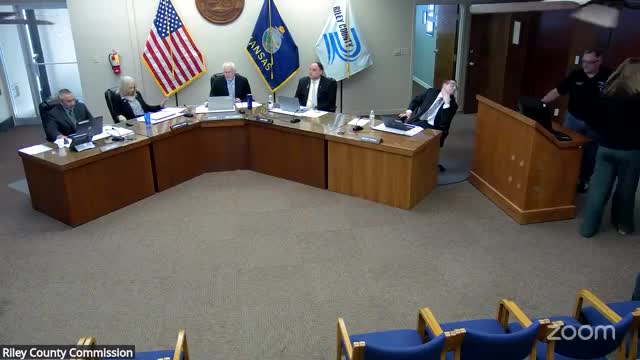
Harmony Road fire response prompts reminder: state law restricts brush‑pile burning in April
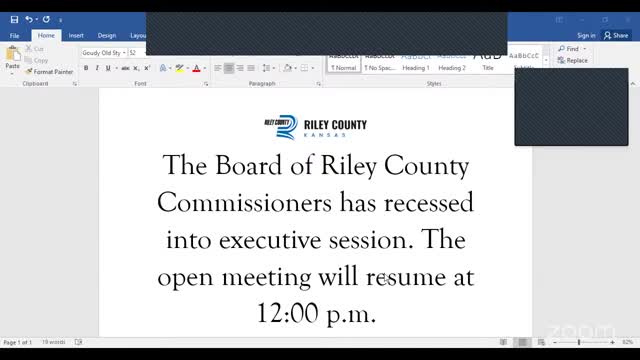
Public Works reports bridge openings, road projects and staffing changes
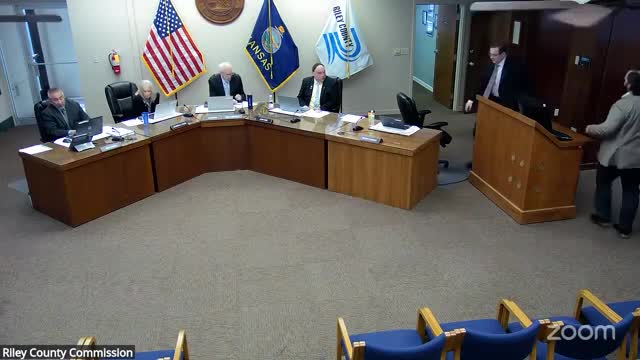
County counsels outline city RHID public‑hearing timeline; Riley County 30‑day response window starts at hearing
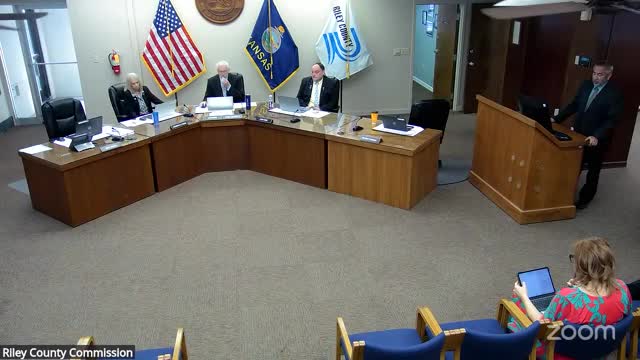
Riley County finance reports: overtime, off‑panel legal costs and rising jail medical expenses draw attention
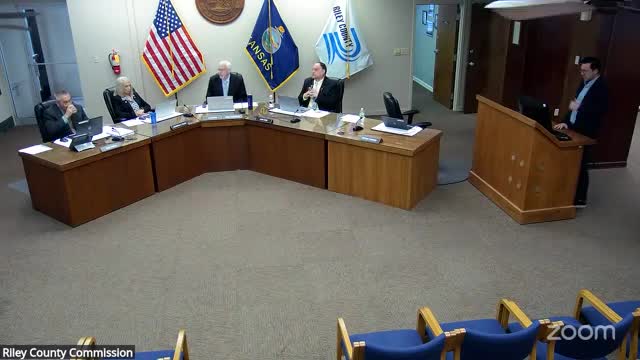
Flint Hills MPO presents EV readiness plan, finds current charging limited but grid planning adequate
